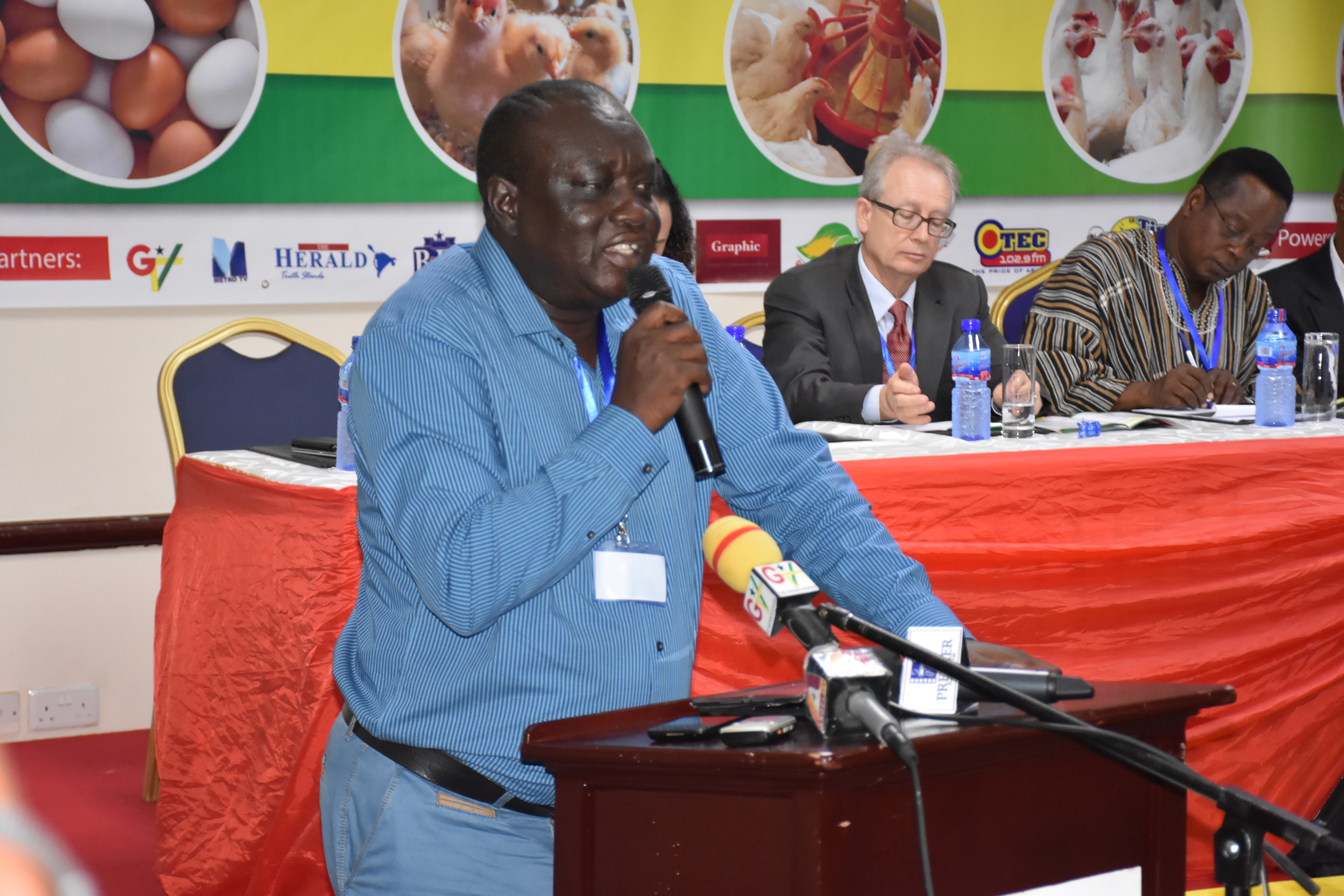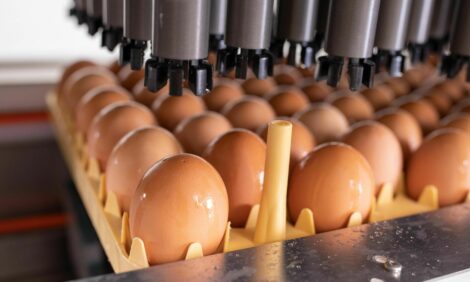



Ghana's chicken farmer mobilisation initiative
With support from both the US government and their own national agricultural bodies, Ghana’s chicken farmers are mobilising to prise the maximum benefit from an ambitious project to boost the country’s poultry production.Strategically located some 20km from the harbour and industrial city of Tema, Delawin Farms is one of the medium-scale poultry enterprises that could, in a more favourable business environment, help restore Ghana’s poultry industry to its former levels of prosperity. The farm’s current output of 500 trays of eggs per day and 6,000 broilers per month is, by its own standards, modest. In more than 20 years of operation, it has been named the Greater Regional Best Poultry Farmer on five occasions, and has established a reputation for providing good-quality products to a high-value clientele. Although it regards its current operations as profitable, it is hoping that government policy will significantly improve the fortunes of poultry farmers throughout the country.

Delawin is one of the many poultry enterprises that are benefiting from the US Department of Agriculture (USDA)-funded Ghana Poultry Project (GPP), a five-year initiative that is seeking to improve poultry production across the value chain. Focusing on the country’s three major poultry-producing regions – Greater Accra, Ashanti and Brong Ahafo – the $58 million project is providing skills training to help enterprises improve product quality and increase production efficiency. It is also promoting strategic investments and private-public partnerships, working with farmers through the Ghana National Association of Poultry Farmers (GNAPF). The GNAPF is in turn being assisted in improving its communications with its members and advocacy on their behalf.
Quite a number of training workshops have been organised for farmers in the three regions, and valuable skills transferred. Kwame Awuku, Managing Director of Delawin, believes a substantial amount of new information has already been shared. Awuku says one of the most useful aspects of these workshops has been “having prominent people in the agencies that matter most all in one place,” to share up-to-date information. The demonstration farm workshops, he says, have been even more useful: “Farmers have been able to ask questions and seek explanations whilst looking at situations they are facing on a daily basis, with the key veterinary, nutrition and production experts all in attendance. Even though our staff are reasonably well trained, GPP has been a great learning experience.”
The bulk of Delawin’s clientele are hotels and catering establishments with specific needs. While some require standard-size birds produced in six weeks, others prefer bigger two-kilo birds that are deboned prior to cooking. Awuku believes that the GPP’s training programmes will help raise production quality in poultry establishments, especially among the numerous small-scale farms which far outnumber the medium- and large-scale farms, but which account for less than a quarter of Ghana’s poultry production.
Awuku shares the belief of some prominent experts that the level of technical skills among Ghana’s hatchery personnel is low. “We need to produce better quality day-old chicks,” he says. “Presently, Delawin uses imported day-olds in order to maintain our quality standard, which adds to our production costs.” But the main challenge facing Delawin, and most Ghanaian poultry farmers, is the cost and quality of feed. Feed costs account for 80 percent of Delawin’s production budget. These costs would be higher if the company were using commercial feed. Maize and soya meal are the main components of poultry feed in Ghana.
The challenge faced by commercial feed millers, Awuku says, is that they often use maize and wheat bran with significant levels of aflatoxins, and they use fish meal as protein supplement. “Our production is based on a 100-percent-vegetable feed regime, which produces healthier, tastier products,” he explains. Like most medium and large poultry enterprises, Delawin produces its own feed. It buys yellow maize, soya meal and other inputs from the Ghana Agro-Food Company, an American firm also based in Tema. Many small poultry farmers try to get around the prohibitive prices of commercial feed by compounding their own feed. Low-quality feed, produced under weak hygiene standards, is a major factor behind the low productivity of small-scale poultry farmers.
Another cause of low poultry production levels among small-scale farmers is weak biosecurity and health management. Many farmers use antibiotics without completing the recommended course durations, and many do not observe withdrawal periods. This issue has been a major topic at training workshops and demonstration farms. Delawin is one of an increasing number of poultry enterprises that are opting for probiotics. Awuku believes that the use of antibiotics must be discouraged in poultry production, especially since there is a national programme dealing with antibiotic resistance. However, he believes that the switch to probiotics must be done after farmers have been adequately trained in their effective use, and assisted in improving their biosecurity practices.
Awuku shares the optimism of other beneficiaries of the Ghana Poultry Project that noticeable improvements will soon be seen in the industry. But he says that far-reaching results will be seen when the knowledge and skills which have been shared have been passed down the line to all farmers. “The GNAPF must sustain the training workshops and mobilise the bulk of farmers to advance our interests,” he says.
Like most Ghanaian poultry farmers, Awuku is concerned about the influx of cheap, imported frozen poultry. Although many Ghanaian consumers will buy fresh chicken, the rock-bottom prices of imported frozen products offer a huge disincentive. “It is unfair that local farmers are not being given any form of protection against such formidable competition,” says Awuku. For two decades, poultry farmers campaigned actively but unsuccessfully for tariffs on imported poultry. The current government, which assumed office in January 2017, has declared that it will not impose import bans, but will ensure that poultry ingredients will be continually available and affordable. “We wait in hope,” says Awuku. An improvement in the feed-supply situation will enhance the performance of the industry. Says Awuku: “In spite of these formidable challenges, our chicken and eggs are tastier.”









